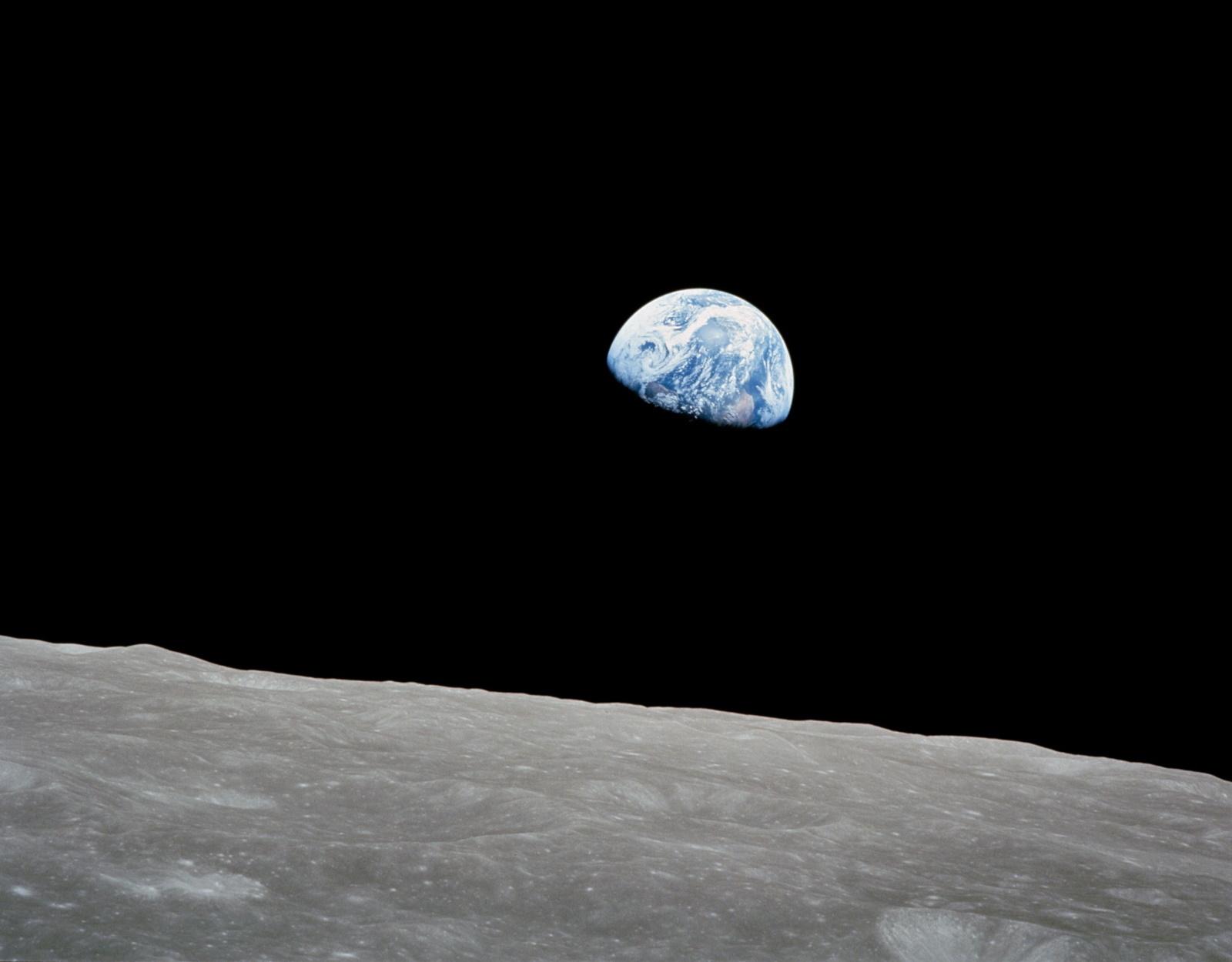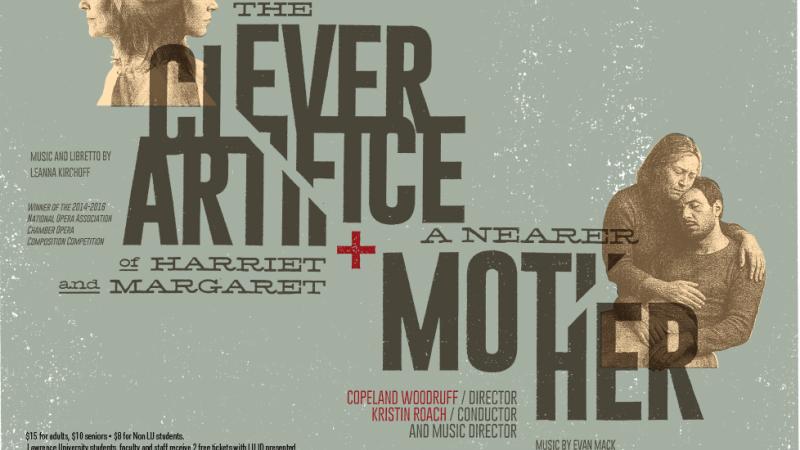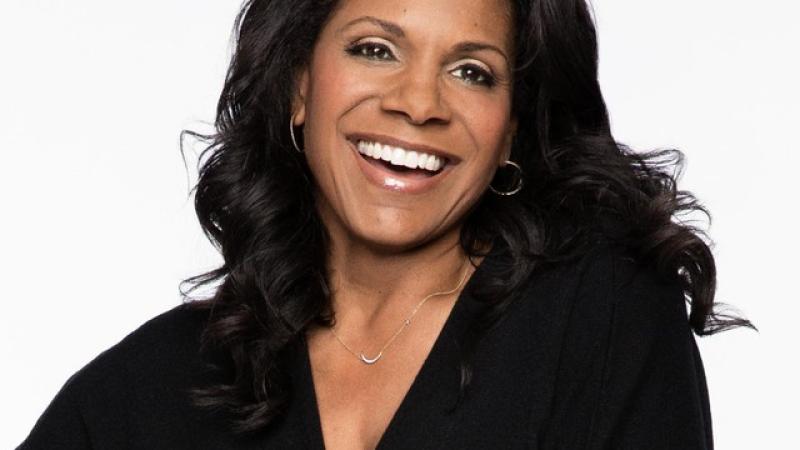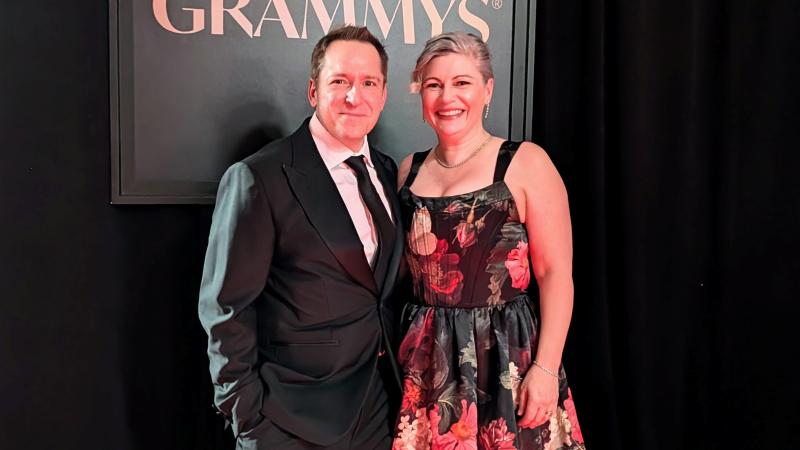Charles Brailovsky, a Lawrence University psychology major with a longtime fascination with space, has found exciting ways to combine his passions in a NASA internship.
“I really thought it was going to be years before I could actually do anything related to the space industry, if at all,” Brailovsky said.
Brailovsky, of Chicago, is taking a break from his senior year at Lawrence to work as a virtual environments lab intern at the George C. Marshall Space Flight Center in Alabama. His job is to help program and design virtual and augmented reality simulations for NASA projects.
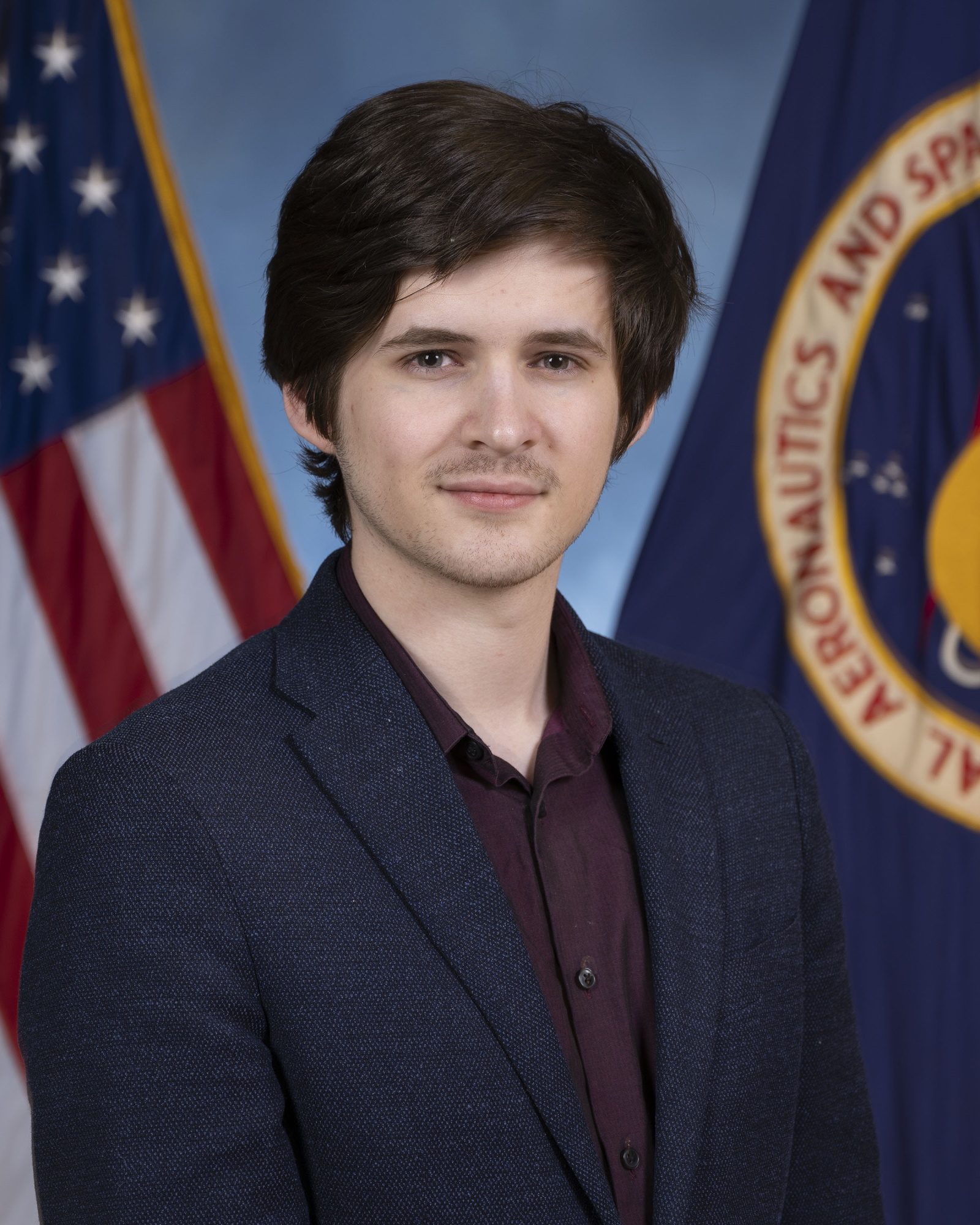
Charles Brailovsky '23
Augmented reality lets users see digital creations inserted into the real world; virtual reality immerses users in an entirely digital world.
“You can use a physical mock-up to give you just what you need to touch and interact with … and then have someone put on a VR headset where there’s a virtual model that is lined up with the physical mock-up but has a much higher level of detail,” Brailovsky said.
A role for psychology
The lab is part of NASA’s Human Factors Analysis branch. Human Factors’ engineering work is about making sure designs are user-friendly as well as functional.
Brailovsky said Human Factors analysts look for questions rather than answering existing ones—it’s an intersection between engineering, psychology, and computer sciences.
“My first thought is always the person, and that’s not typical for engineering perspectives,” Brailovsky said.
While virtual reality isn’t perfect for recreating the real world, it can help test scenarios too difficult or expensive for labs.
“We can’t mimic reality without first understanding how our brains construct reality,” Brailovsky said. “Color doesn’t exist, it’s just wavelengths of light. Sound doesn’t exist; it’s all illusions created by our brain processing information. So, we can’t replicate those without knowing really well how we create our own reality.”
Psychology is important in the space industry, especially when considering the rise in commercial spaceflight and possible future Mars landings.
“This is like going back to the old age of sail ships where you could have six people in a boat for months. …,” Brailovsky said. “Only in our case, they’re in zero gravity in a really tight container, and if there’s a hole in the container, they all die. What does that do to a person’s perception?”
Along with making sure everything works properly, Human Factors analysts want space habitations to feel as much like home as possible.
Making dreams reality
Brailovsky has held a fascination with space since childhood. His interest in psychology developed in high school. He also took computer programming courses at Lawrence and interned at Iowa State University’s Virtual Reality Application Center last summer.
“It’s very exciting to be a psych student now coming into this industry because attention to it is growing,” he said.
Brailovsky applied for an opportunity he saw on NASA’s website about using augmented reality to test spacesuits. Although his application was unsuccessful, another NASA program leader in need of virtual reality expertise saw Brailovsky’s application and invited him to join.
“This is what I told people my dream job was when I was 15,” Brailovsky said. “I didn’t know what they did here, and I didn’t know this group existed. I invented them for myself and just hoped they were out there. They were, and they called me.”
Brailovsky said he wasn’t planning on interning during his senior year to avoid graduation conflicts, but this opportunity was too good to pass up.
“What they teach you when you study psychology is to always be looking out for the unexpected,” he said.
The internship will last through the summer. Brailovsky intends to return to Lawrence this fall for one final term to wrap up his psychology major and minors in cognitive science, computer science, and data science. After graduation, Brailovsky said he hopes to head back to the Marshall Center.
“I have never felt as professionally respected in my life before; the people in my lab are incredible,” he said.
Brailovsky said the chance to contribute to future Mars landings with his VR and psychology skills makes him want to stay with NASA. His ultimate goal is to have his own zero-gravity psychological laboratory.
Until then, Brailovsky said driving past a Saturn V rocket every morning on his way to work is a powerful motivator.
“Just the chance to participate in our generation’s version of the moon landing is incredible,” he said.
